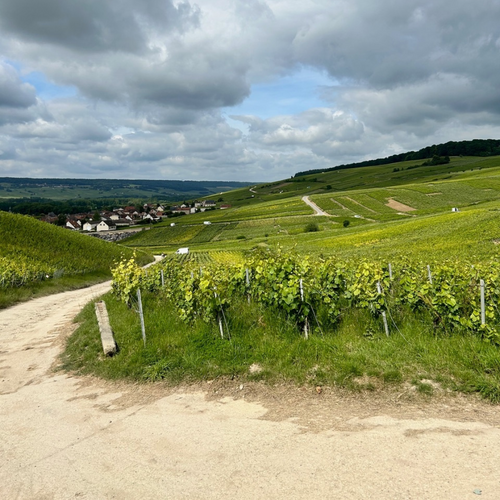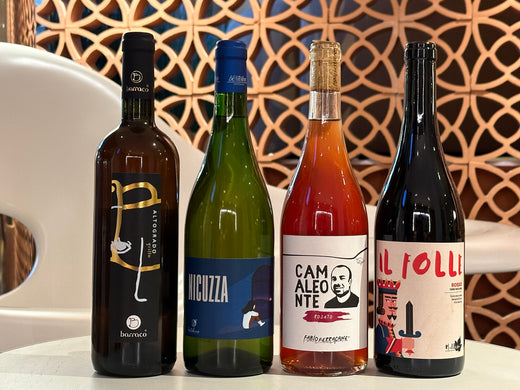| An interview with one of our favourite authors, Karen MacNeil, on the occasion of the new edition of her bestselling book, The Wine Bible. 1. The Wine Bible is the bestselling wine book in the US, which is no mean feat. How long has this 3rd edition taken to compile and what did you most love doing differently in it? The first edition of The Wine Bible took 10 years to write – and I had such a tiny advance that I essentially was working unpaid all that time. The 2nd edition took five and a half years, and this 3rd edition has taken four and a half years…so I’m getting very fast! I have loved every minute of writing each edition. Writing is solitary and all-consuming. But the feeling of being so deeply into research and writing that hours go by without one realizing it, is very satisfying. Also: a book like The Wine Bible doesn’t have to be written sequentially. You can start with any country or place you want. But I learned from the first edition that it’s a big mistake to leave complicated places like Italy until the end. And under no circumstances should one leave the writing of the Italian, German, and Portuguese chapters to the end! 2. The new wine regions added include Great Britain, which is great to hear. What are you most excited or interested in about what we're doing over here? In 2018, I went all over the southern English countryside visiting sparkling wine producers. I was simply shocked by the quality. Most of the wines were fantastic—and the sparkling industry was still quite young at that point. I am a great lover of Champagne and drink a glass of Champagne almost every night. I feel as though England is the sibling Champagne never knew it had. 3. Were you able to travel as much as you did for the 2nd edition, given all of the restrictions with the global pandemic? And if not, did you talk to a lot of winemakers by Zoom? The pandemic put a crazy spin on things. I had to cancel four important trips I had lined up. However, my staff and I spent long hours tasting and thinking about the wines I eventually wrote about. It was wonderful to have time to think in a concentrated way. And yes, thank god for Zoom. 4. Would you ever like to live in a wine region other than Napa, and if so, where and why? I adore Napa Valley. But if I could not live here, I would love to live in the Willamette Valley of Oregon or in Santa Barbara Country on California’s South Central Coast. Both regions are beautiful, unspoiled, and have communities of extraordinary wine people. Not to mention terrific wines. 5. What is most exciting for you in the world of wine at the moment? A rising awareness that we must quickly do something about climate chaos. I read the other day that some scientists believe that wine grapes could begin to go extinct within 28 years. A world without wine is unthinkable. 6. Do you have a current desert island wine you can share? It probably has to be a sparkling wine or Champagne. Desert islands are probably hot, so a cold glass of bubbles every night sounds very good. 7. Do you have a team that helped you update the book? Yes, I had eight researchers—most of whom were WSET students—who helped with some of the research. So did my office staff. I love research, so I did a lot of research too. I did all of the writing. I probably spend more time agonizing over just how to describe a wine than many people would… The Wine Bible is available at karenmacneil.com (US only) Available in all good bookshops in the UK. |
The Wine Bible 3rd Edition




